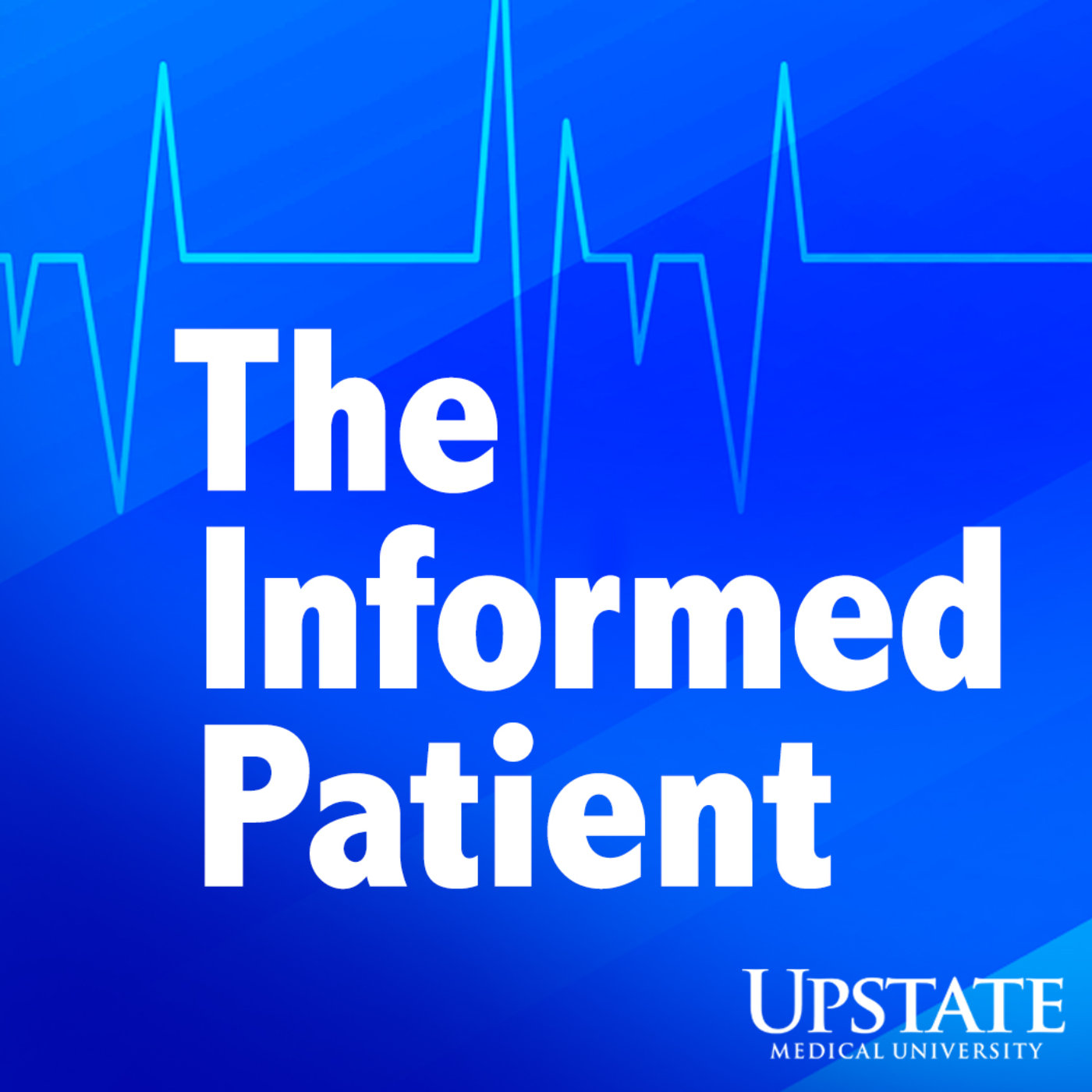- Health
- SEE MORE
- classical
- general
- talk
- News
- Family
- Bürgerfunk
- pop
- Islam
- soul
- jazz
- Comedy
- humor
- wissenschaft
- opera
- baroque
- gesellschaft
- theater
- Local
- alternative
- electro
- rock
- rap
- lifestyle
- Music
- como
- RNE
- ballads
- greek
- Buddhism
- deportes
- christian
- Technology
- piano
- djs
- Dance
- dutch
- flamenco
- social
- hope
- christian rock
- academia
- afrique
- Business
- musique
- ελληνική-μουσική
- religion
- World radio
- Zarzuela
- travel
- World
- NFL
- media
- Art
- public
- Sports
- Gospel
- st.
- baptist
- Leisure
- Kids & Family
- musical
- club
- Culture
- Health & Fitness
- True Crime
- Fiction
- children
- Society & Culture
- TV & Film
- gold
- kunst
- música
- gay
- Natural
- a
- francais
- bach
- economics
- kultur
- evangelical
- tech
- Opinion
- Government
- gaming
- College
- technik
- History
- Jesus
- radio
- movies
- services
- Church
- podcast
- Education
- international
- Transportation
- Other
- kids
- podcasts
- philadelphia
- Noticias
- love
- sport
- Salud
- film
- and
- 4chan
- Disco
- Stories
- fashion
- Arts
- interviews
- hardstyle
- entertainment
- humour
- medieval
- literature
- alma
- Cultura
- video
- TV
- Science
- en
Researchers who run analyze the runner's high

Steve Hicks, MD, PhD Steve Hicks, MD, PhD Frank Middleton, PhD Frank Middleton, PhD A pair of researchers studied the euphoria known as the runner's high by measuring the mood, pain, anxiety and lost sense of time among collegiate athletes, along with serotonin levels, blood pressure, temperature and pupil dilation. Upstate graduate A pair of researchers studied the euphoria known as the runner's high by measuring the mood, pain, anxiety and lost sense of time among collegiate athletes, along with serotonin levels, blood pressure, temperature and pupil dilation. Upstate graduate Steve Hicks, MD, PhD Steve Hicks, MD, PhD, teamed up with Upstate scientist, teamed up with Upstate scientist Frank Middleton, PhD Frank Middleton, PhD, for, for the study, which was published in the journal Medicine & Science in Sports & Exercise the study, which was published in the journal Medicine & Science in Sports & Exercise. They found that multiple molecular signaling pathways may converge to produce a runner's high. All humans express the molecules involved, although not everyone experiences a runner's high. "It's simply a matter of expressing those genes in the right amounts during your run," Hicks explains. He is a pediatrician and scientist at Penn State College of Medicine in Hershey, Pa. Middleton holds multiple appointments at Upstate in neuroscience and physiology, biochemistry and molecular biology, pediatrics and psychiatry and behavioral sciences. While their study was not designed to look for conditions that make it more or less likely for a runner's high to occur, they noticed one factor that might have an impact: the time a runner last ate before running. The runners who achieved a high ate, on average, an hour before their run. Those who did not get the runner's high ate about four hours before their run.. They found that multiple molecular signaling pathways may converge to produce a runner's high. All humans express the molecules involved, although not everyone experiences a runner's high. "It's simply a matter of expressing those genes in the right amounts during your run," Hicks explains. He is a pediatrician and scientist at Penn State College of Medicine in Hershey, Pa. Middleton holds multiple appointments at Upstate in neuroscience and physiology, biochemistry and molecular biology, pediatrics and psychiatry and behavioral sciences. While their study was not designed to look for conditions that make it more or less likely for a runner's high to occur, they noticed one factor that might have an impact: the time a runner last ate before running. The runners who achieved a high ate, on average, an hour before their run. Those who did not get the runner's high ate about four hours before their run.